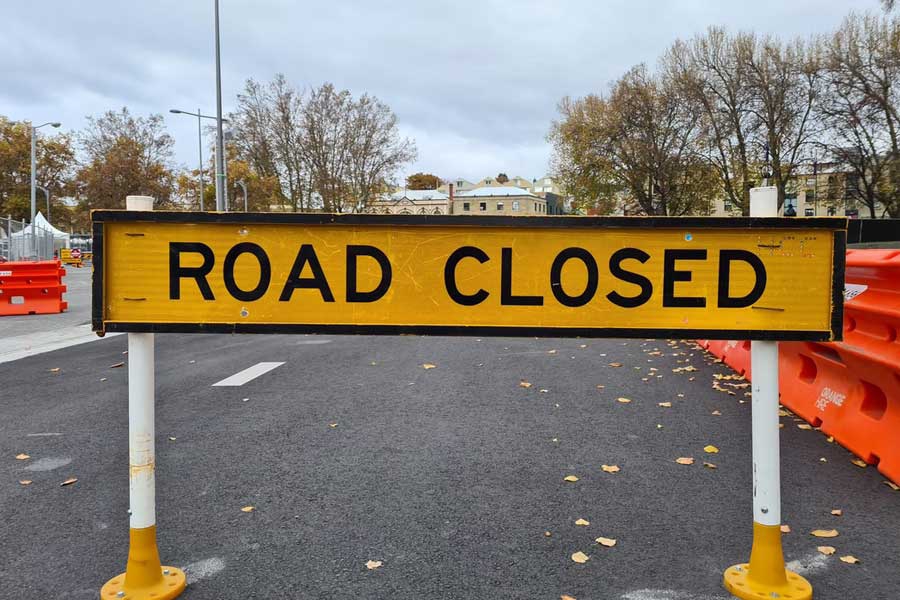There are a range of driving related offences in Queensland, with various disqualification periods for each of them.
Driving Offences and Disqualification Periods
The Queensland Parliament has legislated so that certain driving offences carry mandatory minimum disqualifications. This means when a court is deciding how long to disqualify your licence for, it cannot go lower than the minimum, regardless of what a lawyer says or what the Court may want to do. The primary (but not only) legislation that creates driving offences is the Transport Operations (Road Use Management) Act 1995.
Below, then, is a list of the most common mandatory disqualification periods:
- Low range drink driving – 1 month.
- Driving while drug present in saliva – 1 month.
- Middle range drink driving – 3 months.
- Driving under the influence of alcohol or a drug/high range drink driving – 6 months.
- Failing to provide a breath test – 6 months.
- Driving while disqualified by court order – 2 years.
- Evading police – 2 years.
- Driving while demerit points suspended – 6 months.
- Careless driving – no minimum.
- Driving while unlicenced (didn’t renew driver licence) – no minimum.
- Dangerous operation of a motor vehicle/Dangerous driving – 6 months.
Take note that minimum disqualifications will be higher, in most cases, if you have prior offences for drink driving or drug driving within 5 years of the offence.
Some of the disqualifications above can also “cumulate” which means they stack on top of each other. This usually occurs when there are multiple offences. To give some examples:
- Multiple drink driving and/or drug driving offences committed at different times, but sentence imposed at the same time – cumulative.
- Unlicenced driving type offence and drink driving/drug driving offence committed at the same time – cumulative
Can I be Disqualified for more than the Minimum?
In most cases, yes. The minimum is the starting point, and the Court has the discretion to impose a higher disqualification.
Is There No Way to Avoid a Disqualification?
In limited situations you can make an application to the Court for a restricted licence, also known as a work licence. If you have not been disqualified or suspended within 5 years prior to the offence, the offence is low or middle limit drink driving, or driving while a drug is present in your saliva, and you would have a valid open licence if not for the disqualification, then you are eligible.
There are further tests before getting a work licence; you need to be deemed by the Court a fit and proper person, and you need to prove you would be deprived of your means of earning a living if the work licence was not granted. It is an involved process which requires the preparation of sworn affidavits and a detailed description of your personal and financial circumstances. We are experts in getting people work licences, and you may wish to help yourself to a free consultation with our firm if you want to explore your options.
Another way to avoid a possible disqualification is to write to the prosecution and ask them to downgrade or withdraw your charge, which is called a “submission”. This is also an involved process and often requires a persuasive argument backed by evidence you are working or made an honest mistake or have exceptional personal circumstances that would warrant some leniency. We have had some great successes with our submissions, for a few examples:
- Downgrading of a charge which had a mandatory disqualification of two years down to one of just one month.
- Downgrading of a charge from 6 months minimum to a charge which had no minimum.
- Getting prosecutors to drop one of two charges, which halved the minimum disqualification from 12 months to 6 months.
The final way to avoid a disqualification is to contest the charge, and win, in court. This is an option that cannot be easily generalised in a short article and is better explained with targeted legal advice.
Are There Defences Available?
There are, of course. However, there are specific lines of defence for each charge and each set of circumstances which is beyond the scope of this guide.
What Things Does the Court Consider When Deciding the Disqualification Period?
The Court will take into account a number of factors. If it is a drink driving offence, the Court will:
- Take note of your blood alcohol content.
- Consider if you have a history of committing similar offences and driving offences in general,
- Consider the manner of your driving; i.e. did you come to the attention of the police because you were swerving all over the road, or was it a random breath test?
- Look at whether you have completed an education course such as Queensland Traffic Offenders Program.
These above are some of the things the Court will consider.
Conclusion
As you will have seen, although there are minimum disqualification periods, the period will differ depending on the charges and the circumstances of each case. You are able to avoid total disqualification, or achieve a lower length of disqualification, but this will almost always require the expertise of a lawyer. Each lawyer at Clarity Law is a driving law expert. We have appeared in hundreds of driving matters each, and thousands of cases in total. If you want the best possible outcome for your case, help yourself to a free consultation.

